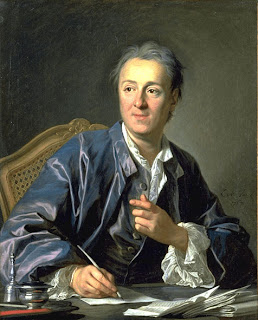a psychogeographic walk
Went for a walk in Hertfordshire which ended up being somewhat of a derive. Firstly, along the 'Alban Way', which is the old London Midland line between Hatfield and St. Albans. I always seem to end up going along old railway tracks and they all share that air of quiet neglect, no matter how much they were part of a regeneration strategy. Reached Hill End station, and again thought about all the people who would have waited there on the overgrown platform that survives for a train, now never to come [I feel like that often with First Great Western]. From Hill End, I diverted to the park on the grounds of the former Hill End mental asylum , founded in the late 1890s, changing its name in the 1930s to the euphemistic 'hospital for nervous diseases', and which was eventually closed in 1995. There is an ongoing project to commemorate the patients and staff of the hospital, but I've not seen anything from this yet. All that there is on site is an information plaqu...
